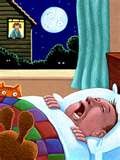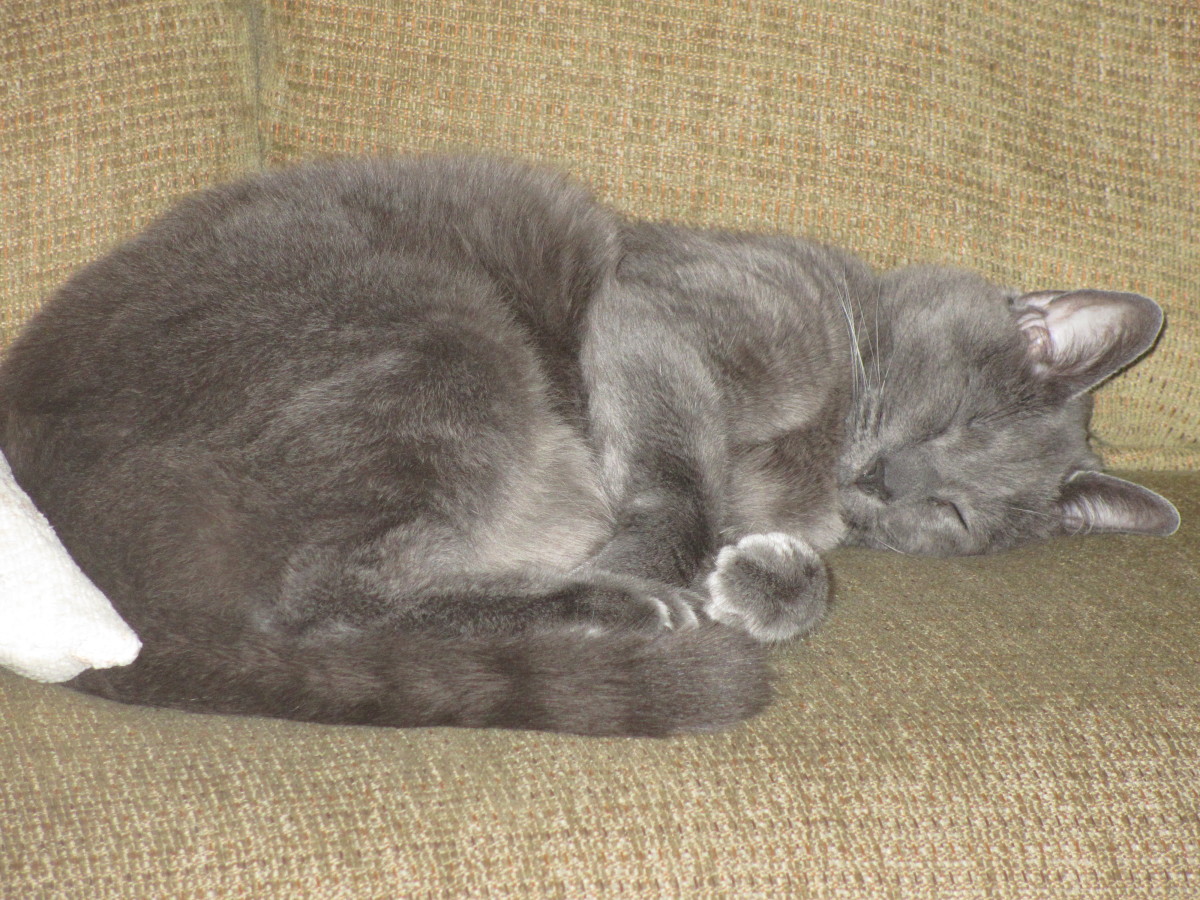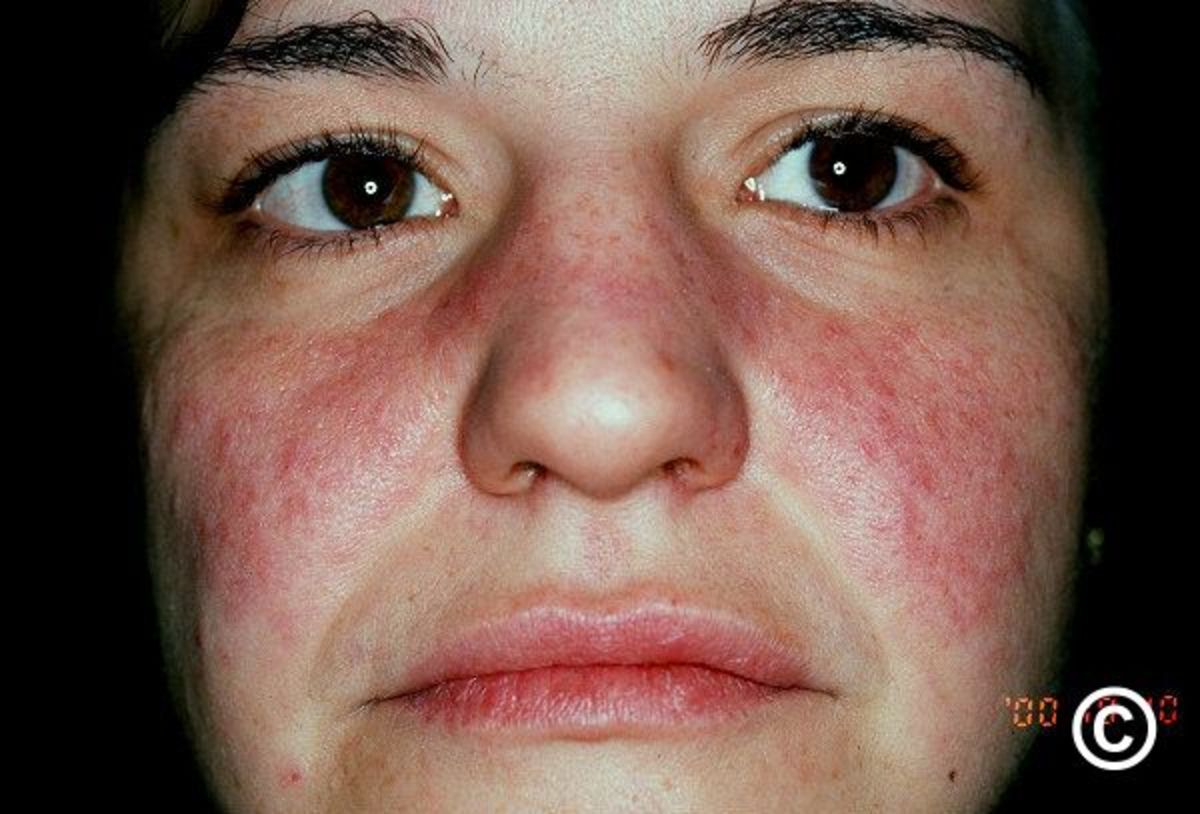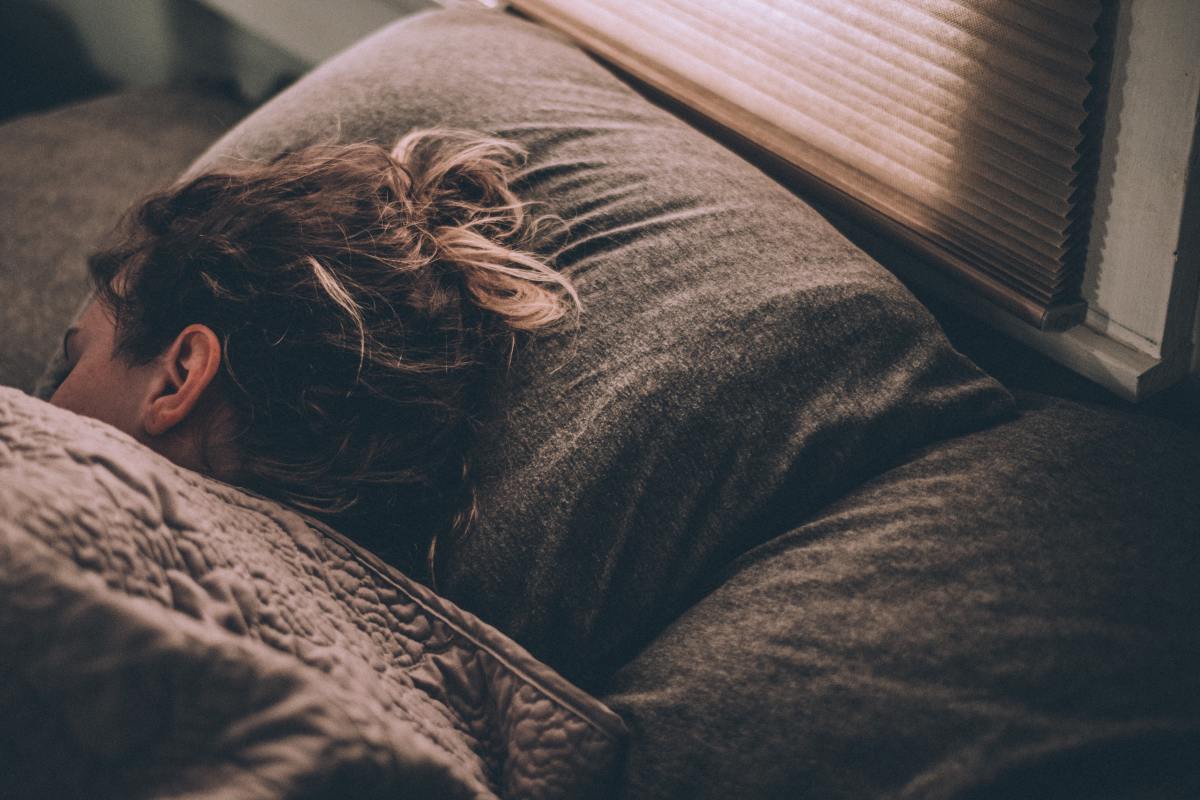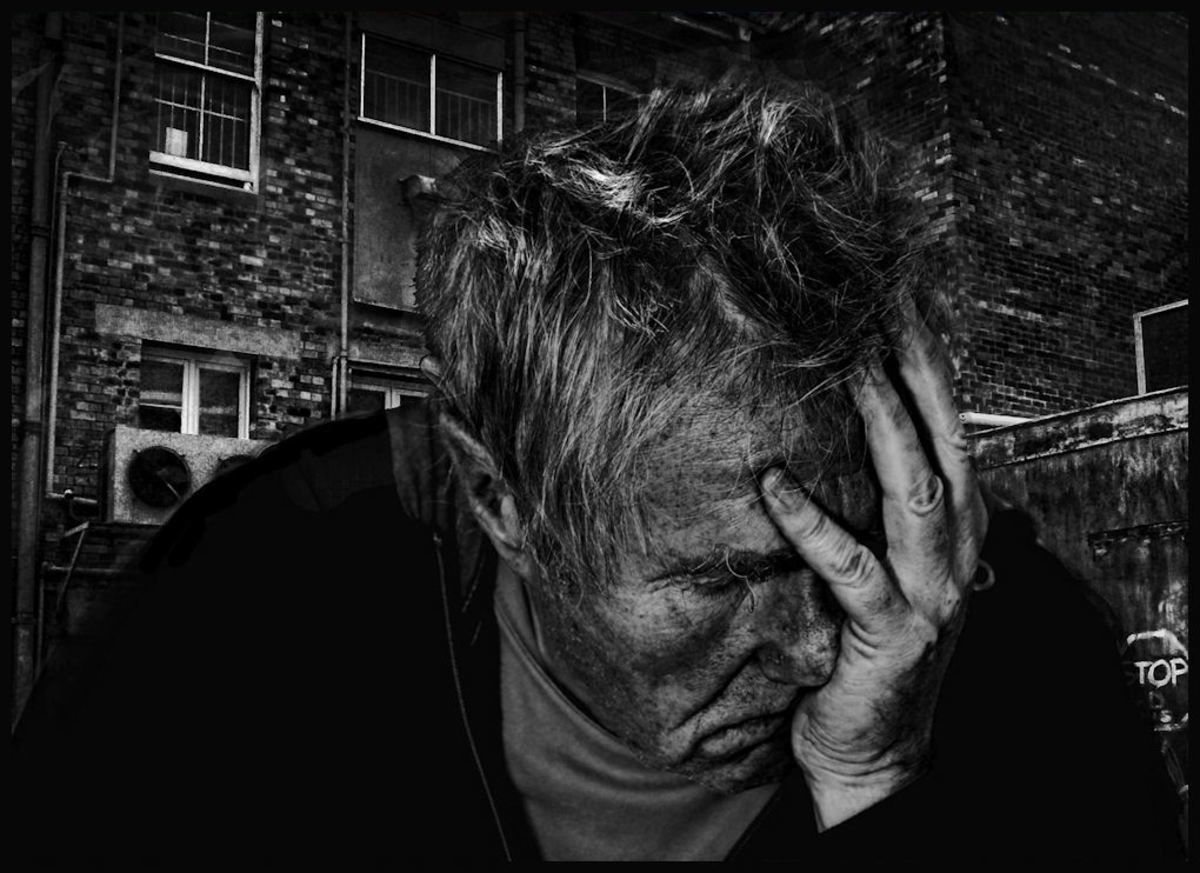I Can't Sleep! Common Sleep Problems, and How to Get Back to Sleep!
Health issues reported from sleep problems
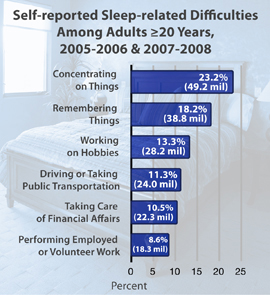
What would classify a major sleep disorder?
How can you determine a bad night's sleep from a major sleep disorder? It's actually pretty easy. Missing a night's sleep because of stress or a big life event is normal and actually natural. But when you have sleep issues that last for 1 or more months, you may be suffering from something bigger.
Within today's society, our levels and quality of sleep have majorly declined. We are busier than ever, despite technology hyped up to make our lives quicker and easier, they keep us up. We have a job and financial related issues, family complexities, health ailments or issues, and endless responsibilities. It's no surprise that your average human being is going to lose a few hours of sleep from time to time.
But when you find yourself losing sleep or having too much of it for weeks or months on end, it's time to consider other causes that are not as basic as everyday life stressors and formulate a plan to get back to sleep.
The following are the most common sleep problems, usual causes, and how you can get the treatment you need.
Natural helpers for better sleep
Having a quick one or two-night loss of sleep can usually be stopped with these suggestions. Natural remedies can improve a bout of short term dysfunctional sleep disturbances.
- Stretching and exercise
- Meditation
- Prayer
- Massage
- Calming essential oils
- Long hot baths
- Melatonin supplements
- 5HTP
- Change your diet
- Try a light OTC sleep aide
Sleep positions and environment factors
- What your sleep positions reveal about your personal...
You may be surprised to see how the position you catch your nightly zzz's in describes your personality. Read on to see how your sleep position reveals traits about your personality. - 5HTP for depression and weight loss
5HTP, a natural solution for depression and weight loss. Don't suffer from depression, solve the problem naturally! - Reinvent Your Master Bedroom
Besides the kitchen and bath, the master bedroom has a very important function of a home. The
Hemi Sync and binaural beats
What helps sleep apnea?
- Sleep mouth guards
- Diet and lifestyle changes, lose excess weight ASAP!
- Sleep on your side and prop up your head
- Maintain a regular sleep schedule
- Limit consumption of nicotine, caffeine, or other stimulants
- Keep your nasal passages clear
- CPAP machines
- Oxygen tanks
- Provent or Snorepin-ask your doctor about this to see if it is right for you
Sleep Apnea
Sleep apnea (AP-ne-ah) is a very common sleep disorder in which you have one or more pauses in breathing or shallow breaths while you sleep. These pauses can last from a few seconds to a few minutes, and usually occur 40 or more times in one hour! A person with sleep apnea may choke or make odd grunting, snorting, or gagging sounds as their breathing attempts to return to normal during the course of their sleep cycle. This is typically an ongoing condition, that causes someone to avoid obtaining adequate sleep, or it disrupts their sleep enough that they no longer get the restorative sleep their bodies need. The sleep debt increases, causing fatigue, poor concentration, and excessive daytime sleepiness.
There are no tests that can provide a concrete diagnosis of this condition. No blood work and doctors often misdiagnose it all-together. Most people are unaware they even have it unless a family member or significant other takes notice of symptoms. During sleep apnea, airways collapse and become blocked during sleep, this is the cause of shallow breathing or disruption of proper breathing. Sleep apnea is more common in males, people that are over-weight, smokers, those over 65, those with excessive tissue or adenoids, and people with enlarged tonsils.
What helps insomnia
- Stress management
- Avoiding stimulants and other drugs (including caffeine and nicotine)
- Practicing good sleep habits
- Over the counter sleep medications or Melatonin
When insomnia lasts longer than a month, you should see your doctor to rule out other health conditions.
Insomnia
Insomnia is the inability to fall asleep or stay asleep. Sometimes it only lasts a few days, or a few weeks, other times it can last months or years.
There are two types of insomnia.
- Primary insomnia: this is when a person has sleep problems that are not directly related with any other health condition or problem. Usually the problem resolves on its own within a short period of time.
- Secondary insomnia: this is when a person is having sleep problems because of external factors, various health conditions, asthma, cancer, even heart burn. Or they are taking medications; and or abusing substances. Treatment or lifestyle changes are usually in order to return to normal sleeping patterns.
What causes insomnia of either type?
- Unknown diagnoses
- Chronic pain, or illness
- Stress (good or bad)
- Stimulant drugs, or excessive alcohol consumption
- Working the graveyard shift
- Jet lag
What are the symptoms?
- Poor concentration and memory function
- Excessive sleepiness
- Fatigue
- Mood swings
- Depersonalization
What will help sleepwalking?
- Dietary changes
- Avoiding sedatives and other medications, especially Ambien and Lunesta
- Stress reduction
- Good sleep practices
- Benzodiazepines like Valium, Klonopin, and Xanax can sometimes be beneficial
Sleep walking, eating, and other odd behaviors
People with sleep disorders can do all sorts of strange things in their sleep. This includes sleep eating, walking, pursuing sex, and violence. Although most sleepwalking is rare, it does occur.
Somnambulism is the technical term used for sleepwalking and other strange behaviors during sleep. Often people can accomplish complex tasks while sleepwalking, such as driving a car, moving heavy objects, strolling out of their homes, even having sex. It is most likely to occur in children or those that are greatly sleep-deprived. Because sleepwalking occurs in deep sleep, often people will not remember an episode or will be difficult to arouse from sleep. Sleepwalking can be scary to the walker, and to their family and loved ones. It is estimated that only 1%-15% of people sleepwalk, and does not mean someone is suffering from psychological problems.
Common causes
- Many times causes are completely unknown
- Sleep deprivation
- Stress
- Drug use-sedatives, alcohol consumption
- Febrile illness, infections, and bacteria within the body
- Heredity
Can you sleep?
Have you ever suffered from a sleep disorder?
More On Sleeping
- What your sleep positions reveal about your personal...
You may be surprised to see how the position you catch your nightly zzz's in describes your personality. Read on to see how your sleep position reveals traits about your personality. - How to Start Lucid Dreaming
We all dream. Remembering them is the challenge. But what if you could take your dream time to the next level? You can, and it will open up a whole new world and way of living!
© 2013 Rebecca

